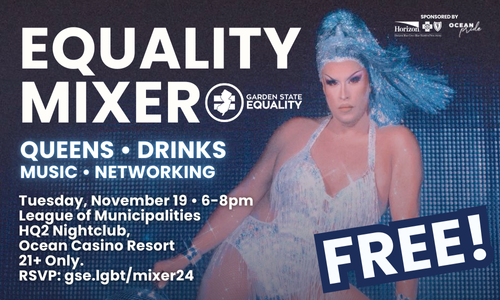Focus NJ Releases 2020 Economic Review

| Focus NJ Releases 2020 Economic Review |
| Focus NJ today released a review of New Jersey’s economy for 2020, detailing record high unemployment rates and unemployment claims, as well as a historic contraction in the state’s Gross Domestic Product, followed by a quick rebound.
The first annual report, which will be followed by quarterly reviews from Focus NJ, also analyzed the devastation of New Jersey small businesses, with more than 3 in 10 of them closing temporarily or permanently. “The unprecedented non-essential business closures and stay-at-home orders from mid-March to mid-June of 2020, followed by continued operational restrictions, were really a one-two punch that the state’s small businesses were never able to truly recover from throughout the calendar year,” said Focus NJ Executive Director Nicole Sandelier. “The unemployment data from 2020 also shows a disproportional impact on Black and Hispanic workers. At the same time, overall personal income saw an unusual increase, despite high unemployment, thanks to state unemployment benefits, extended benefits and federal stimulus funds.” Findings in Focus NJ’s 2020 Economic Review include:
“While there were some signs of recovery from Q2 of 2020 to year’s end, the economic devastation brought on by the response to the pandemic was ultimately too much for the state to recuperate from within the calendar year,” Sandelier said. “While a continuing loosening of restrictions are anticipated with improved COVID-19 numbers and vaccinations, it remains to be seen whether New Jersey can recover to pre-pandemic numbers by the end of 2021.” To view the full Focus NJ’s 2020 Economic Review and PowerPoint, click here. Focus NJ – the Center for Economic Research and Workforce Solutions – is a nonpartisan, nonprofit research foundation launched by the New Jersey Business & Industry Association in February 2020. It provides deep analysis of public policies, industry trends and economic indicators that impact New Jersey’s overall affordability, workforce and competitiveness. |








